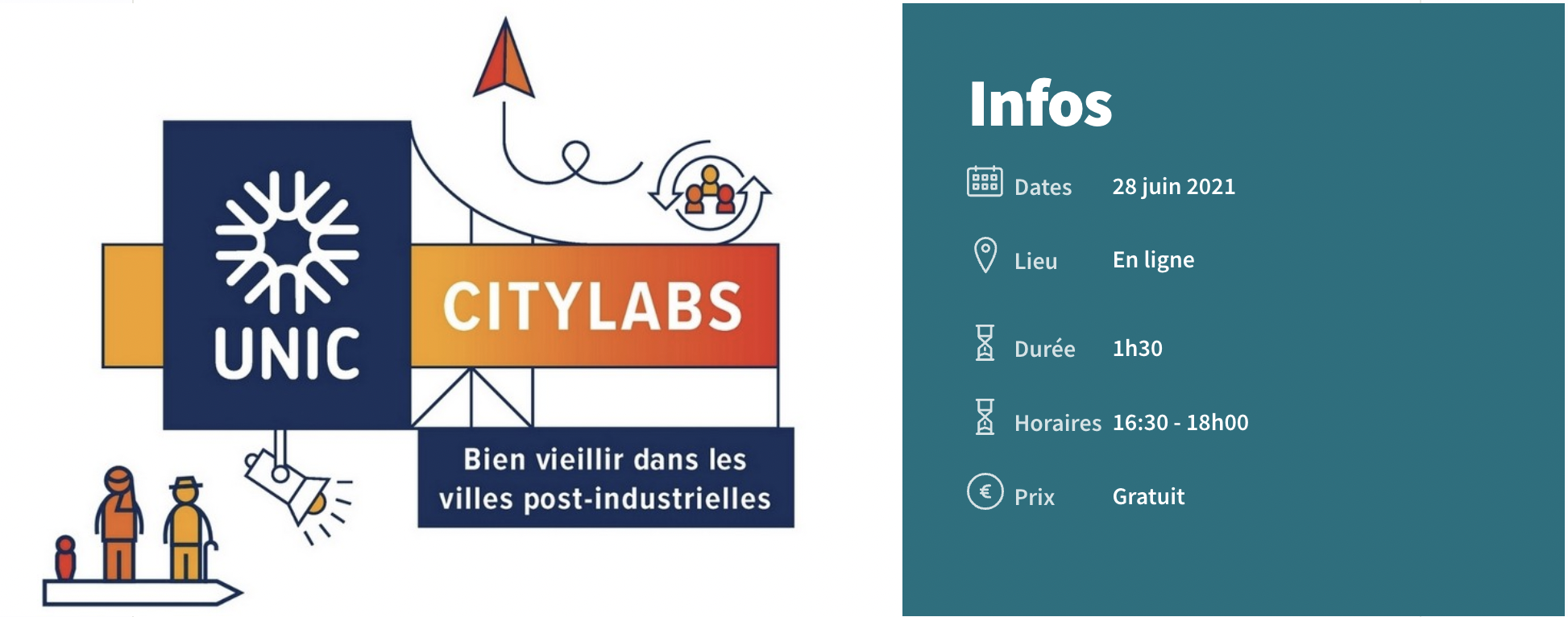Societal Stakeholders/NGO :
- Project Manager at the NGO “Habitat et Participation”
- Project Manager at the NGO “Le Bien Vieillir”
- Representative of the NGO Sequoia Public Administration : Representative of the Public Administration AVIQ (Agence pour une Vie de Qualité)





